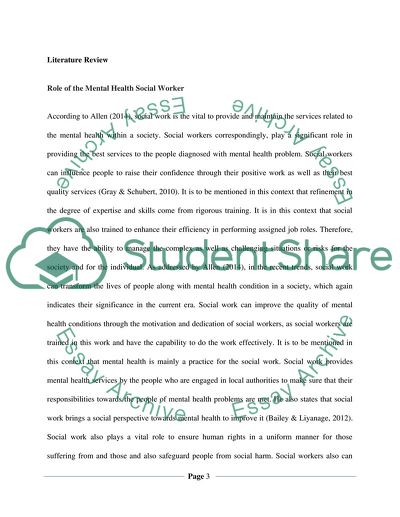Cite this document
(Role of the Mental Health Social Worker Literature review - 1, n.d.)
Role of the Mental Health Social Worker Literature review - 1. Retrieved from https://studentshare.org/health-sciences-medicine/1866973-social-work-mental-health
Role of the Mental Health Social Worker Literature review - 1. Retrieved from https://studentshare.org/health-sciences-medicine/1866973-social-work-mental-health
(Role of the Mental Health Social Worker Literature Review - 1)
Role of the Mental Health Social Worker Literature Review - 1. https://studentshare.org/health-sciences-medicine/1866973-social-work-mental-health.
Role of the Mental Health Social Worker Literature Review - 1. https://studentshare.org/health-sciences-medicine/1866973-social-work-mental-health.
“Role of the Mental Health Social Worker Literature Review - 1”, n.d. https://studentshare.org/health-sciences-medicine/1866973-social-work-mental-health.


